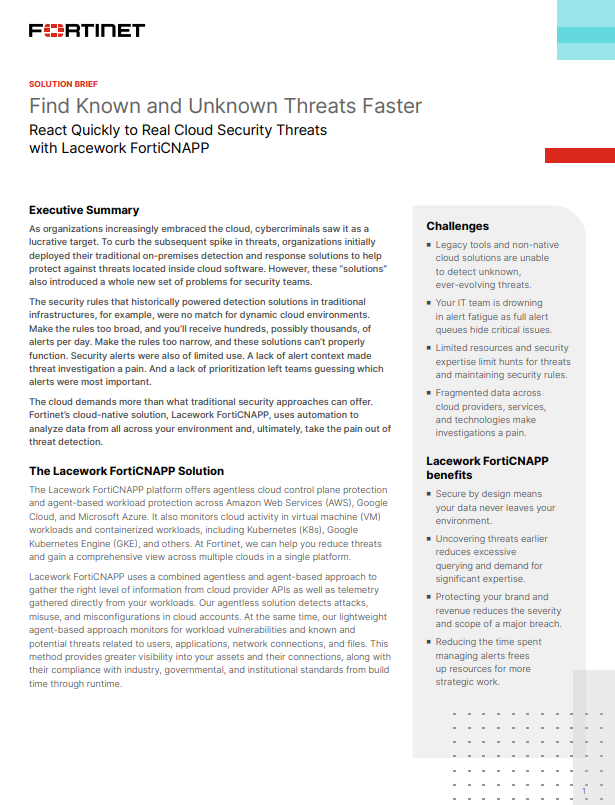Health Secretary bans pagers from NHS hospitals
Decades-old comms tech is destined for the scrapheap by 2021


NHS trusts in England will be forced to phase out pagers in hospitals by 2021, the Health Secretary Matt Hancock has announced.
Doctors and nurses will instead have to use mobile phones and apps to reduce costs.
The NHS uses around 130,000 pagers at an annual cost of 6.6 million. Most mobile phone companies have stopped supporting pagers and a single device can now cost up to 400, yet still, more than one in 10 of the world's pagers are used by the NHS.
In a statement, the Health secretary said that removing pagers would bring about several benefits. Pagers only offer one-way communication, leaving doctors unaware who is contacting them, the reasons why, or the level of urgency. The tech also does not support the sharing of information between staff on the move.
Hancock said that the NHS must "harness the huge potential of technology".
"The last thing they need are the frustrations of having to deal with outdated technology they deserve the very best equipment to help them do their jobs," he said.
Hancock added: "We have to get the basics right, like having computers that work and getting rid of archaic technology like pagers and fax machines. Email and mobile phones are a more secure, quicker and cheaper way to communicate which allow doctors and nurses to spend more time caring for patients rather than having to work round outdated kit."
Get the ITPro daily newsletter
Sign up today and you will receive a free copy of our Future Focus 2025 report - the leading guidance on AI, cybersecurity and other IT challenges as per 700+ senior executives
Some trusts have already tried out alternative technologies. A pilot project at West Suffolk NHS Foundation Trust (WSFT) in 2017 saved junior doctors 48 minutes per shift and nurses 21 minutes on average. The project used Medic Bleep, a messaging and calling system similar to WhatsApp, with enhanced data protection.
NHS trusts will be allowed to keep some pagers for emergency situations, such as when Wi-Fi fails or when other forms of communication are unavailable, but the majority of them must be phased out over the next three years.
Rene Millman is a freelance writer and broadcaster who covers cybersecurity, AI, IoT, and the cloud. He also works as a contributing analyst at GigaOm and has previously worked as an analyst for Gartner covering the infrastructure market. He has made numerous television appearances to give his views and expertise on technology trends and companies that affect and shape our lives. You can follow Rene Millman on Twitter.
-
 Neural interfaces promise to make all tech accessible – it’s not that simple
Neural interfaces promise to make all tech accessible – it’s not that simpleColumn Better consideration of ethics and practical implementation are needed if disabled people are to benefit from neural interfaces
By John Loeppky
-
 Solution Brief: Find Known and Unknown Threats Faster
Solution Brief: Find Known and Unknown Threats FasterDownload Now
By ITPro
-
 NHS leaders are keen to adopt new digital tools, but IT can't solve problems on its own
NHS leaders are keen to adopt new digital tools, but IT can't solve problems on its ownA survey of healthcare decision-makers finds they believe IoT devices and electronic health recording could help them reach more patients quicker
By Emma Woollacott
-
 How a paperless approach cut wasted staff hours at Bradford Teaching Hospitals Trust
How a paperless approach cut wasted staff hours at Bradford Teaching Hospitals TrustCase study Through DrDoctor’s digital portal for patient appointments and advice, the Rheumatology team at Bradford Teaching Hospitals NHS Foundation Trust has dramatically cut
By Peter Ray Allison
-
 Healthcare’s next chapter
Healthcare’s next chapterwhitepaper Revolutionizing how you care with EPR experts you can trust
By ITPro
-
 How digital experience management helped an NHS trust improve productivity
How digital experience management helped an NHS trust improve productivityCase study Princess Alexandra Hospital NHS Trust used digital experience management to cut device failure and restore time to clinicians
By Rene Millman
-
 Will the NHS Federated Data Platform transform UK healthcare?
Will the NHS Federated Data Platform transform UK healthcare?In-depth Plans to create a data platform in partnership with the private sector could revolutionize NHS treatment, but concerns over data privacy and security are festering
By Jonathan Weinberg
-
 NHS IT issues costing doctors more than 13 million hours annually
NHS IT issues costing doctors more than 13 million hours annuallyNews Doctors warn that ageing IT infrastructure is impacting patient care and clinical outcomes
By Ross Kelly
-
 Automation is helping the NHS clear its patient backlog, but not as quickly as expected
Automation is helping the NHS clear its patient backlog, but not as quickly as expectedAnalysis The healthcare service's big bet on robotic process automation is making 'impactful' but slow progress
By Connor Jones
-
 DHSC sets out ambitious targets for NHS App by 2023, beyond
DHSC sets out ambitious targets for NHS App by 2023, beyondNews Ongoing NHS digitisation efforts will form backbone of the new system
By Rory Bathgate